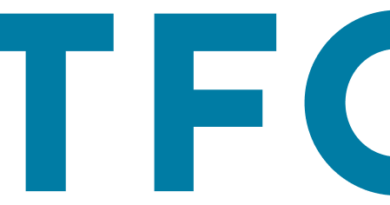Elon Musk’s Twitter rewards far-right conspiracy theorist with ad revenue, even after posting child sexual abuse imagery on the platform

Far-right conspiracy theorist Dom Lucre — who was banned from Twitter (now called X) last month for sharing a screenshot from a child sexual abuse video and then unilaterally reinstated less than a day later by owner Elon Musk — has announced he has received money from the platform’s ad revenue sharing program.
On July 25, Lucre — a far-right figure known for pushing Pizzagate and QAnon conspiracy theories and whose real name is Dominick McGee — was banned from Twitter after posting an image of child sexual abuse while pushing a baseless conspiracy theory that the Obamas had murdered their former personal chef. Amid a day of pressure from right-wing figures, Musk announced that the child abuse material would simply be removed and Lucre would be reinstated, despite the platform’s “zero-tolerance” child sexual exploitation policy.
Now, Lucre has seemingly earned revenue from the platform through its ad revenue sharing program, which is a program Musk announced in February that pays eligible creators a share “for ads that appear in their reply threads.” The first payments to creators started on July 13, with Musk confirming that “revenue payout to content creators will be cumulative from when I first promised to do so in February.” Multiple right-wing misinformers and bad actors announced that they had received a combined total of at least tens of thousands of dollars in ad revenue from that first payment.
A second round of ad revenue sharing payouts were seemingly sent to creators on August 7, including to some creators who also received revenue from the first payout.
Lucre announced that he also received a payout via the ad revenue sharing program, posting an image that showed that he had earned about $2,400 from the platform.
This article has been archived for your research. The original version from Media Matters for America can be found here.


